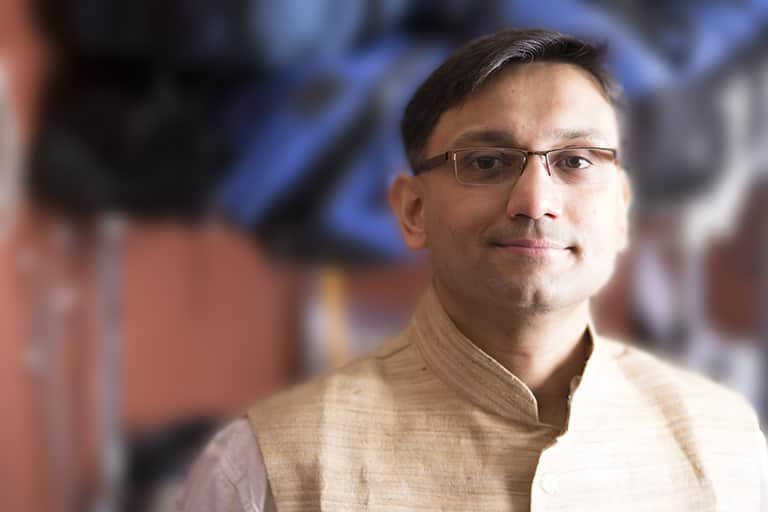In August, Amol Pavangadkar took a break from teaching film, video, and audio production to students in the MSU College of Communication Arts and Sciences and instead co-directed a First Responder Training Workshop in Delhi, India. He worked alongside his colleague and Associate Dean at Texas Tech University Dinesh Vyas who heads the program. The intention of the training was to teach people about appropriate medical response during emergency situations, such as an auto accident.
“India has the highest mortality and mobility rate of accident victims in the world. There are thousands of accidents and close to 1,000-plus people die in India every day, in terms of accidents,” said Pavangadkar, a senior teaching specialist in the Department of Media and Information “Most of it is due to the lack of response in such cases; at times it’s even because of lack of appropriate response.”
Although this was the 12th time the workshop has been organized, this year’s focus was unique since it targeted students in 9th to 12th grade. Pavangadkar said this was arranged in an effort to “get them involved with this project much earlier in life” so they could learn how they can help even at a young age.
The day-long training took place at 11 schools in the Bharti Public School system. During the workshop, students moved from four different stations and were instructed in how to assess and care for four mannequins with different conditions that included broken limbs, internal bleeding, or head and spinal injuries.
While Pavangadkar is not trained in the medical field, he is leading efforts to create an online hybrid module where 80 to 85 percent of the training can be completed online and the rest through hands-on experience. The program recently partnered with the Central Board of Secondary Education, which Pavangadkar said means more resources and increased opportunity for expansion in schools across India.
“If everything goes according to plan, 77,000 schools in India will offer this training,” Pavangadkar said. “It’s more of a sensitization than actually hands-on training.”
